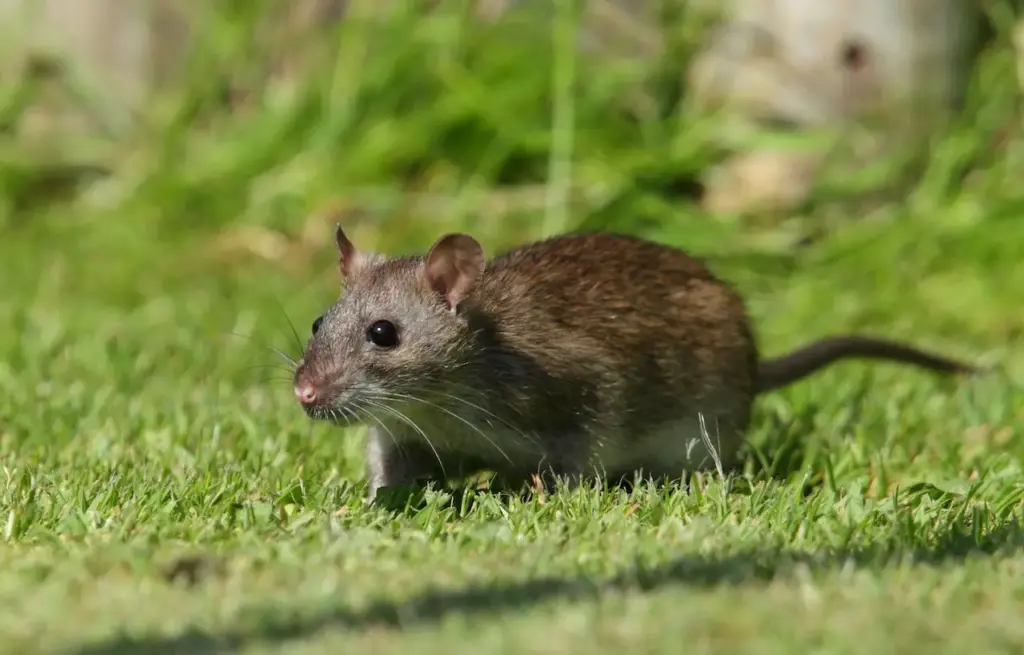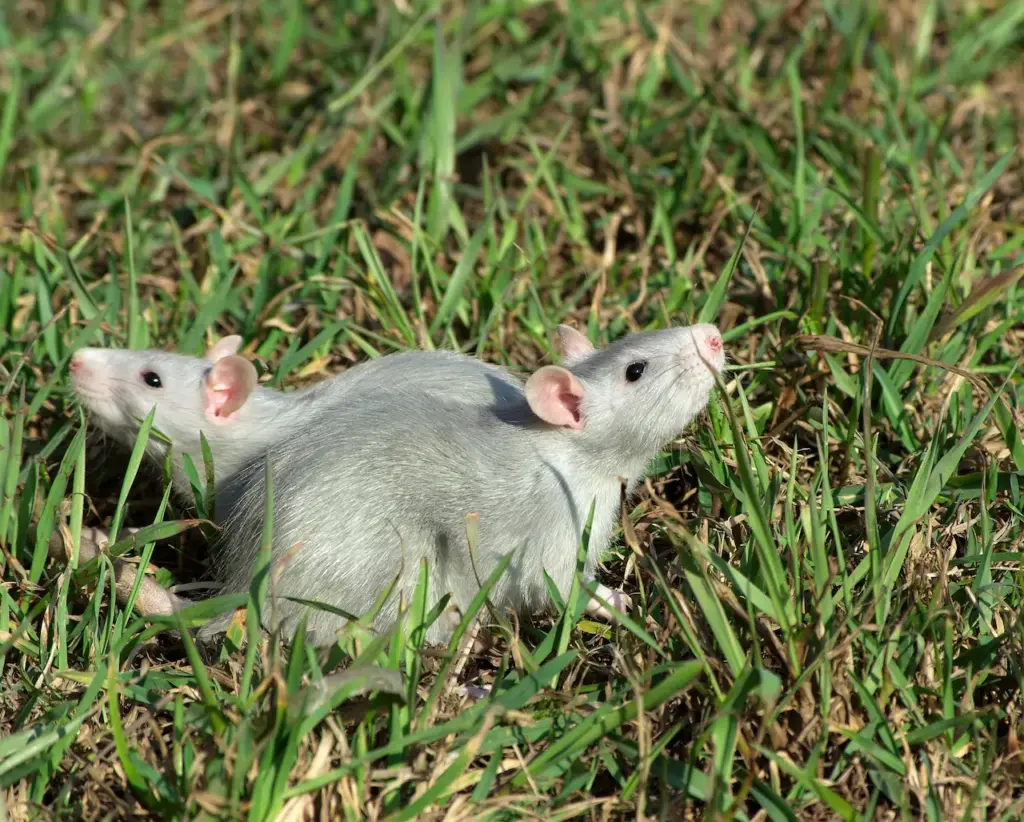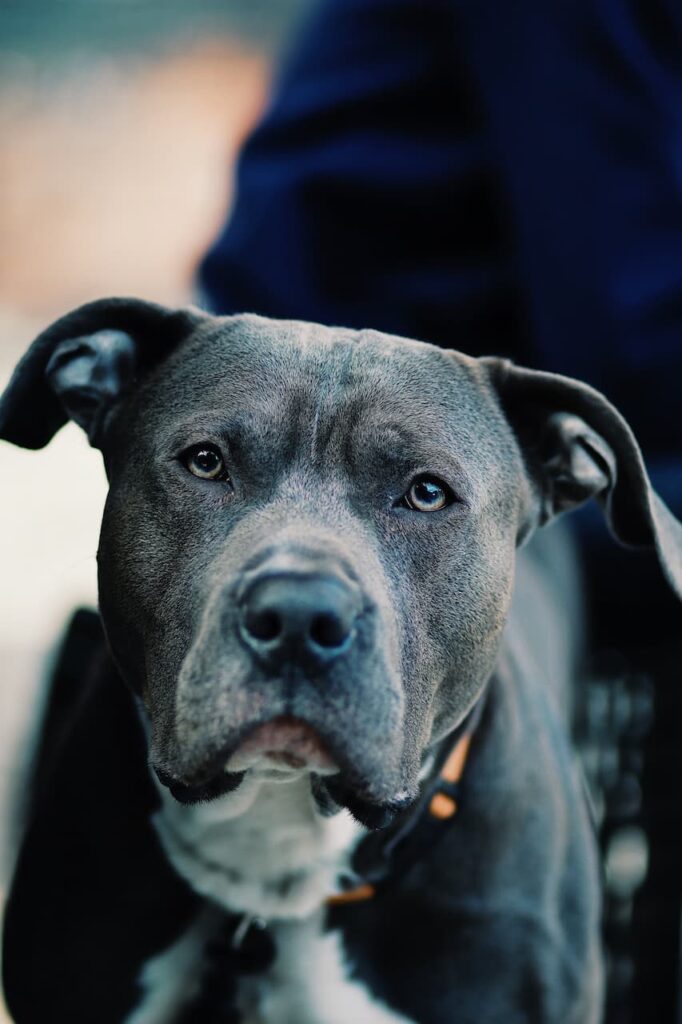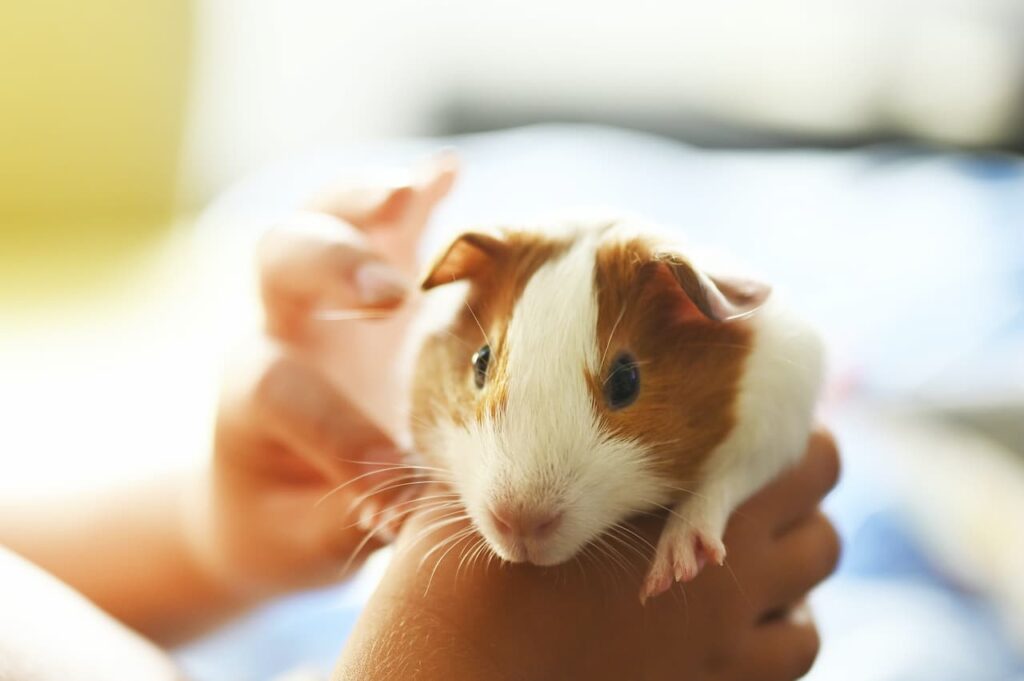Can Rats Have Wine Safely? Is It Safe For Them?
Rats are known for their love of cheese, but did you know that they also enjoy a nice glass of wine? Believe it or not, rats can drink small amounts of wine without any ill effects. There are some things to consider.
Keep reading to keep your cute rat healthy.
The intersection of human indulgences and pet care often leads to intriguing questions about what is safe and appropriate for our furry companions. Among the many queries that arise, one that might raise eyebrows is whether rats, those intelligent and inquisitive rodents, can partake in the age-old pleasure of wine. To navigate this topic responsibly, we must delve into the physiological characteristics of rats, the potential effects of alcohol on their health, and ethical considerations surrounding their care.
Table of Contents
Toggle
Rats, commonly kept as pets and revered for their intelligence and social nature, have distinct physiological differences from humans. While they share some similarities in terms of digestive processes and metabolic functions, their tolerance for certain substances, including alcohol, varies significantly. In the wild, rats do not encounter alcohol as a natural part of their diet, and their bodies are not equipped to metabolize it efficiently.
Alcohol, a psychoactive substance found in various fermented beverages, including wine, can have profound effects on the central nervous system of mammals. In humans, moderate alcohol consumption is often associated with social interaction and relaxation, but excessive intake can lead to impaired judgment, motor coordination, and even organ damage. When it comes to rats, the effects of alcohol consumption can be even more pronounced due to their smaller size and different metabolic rates.
Research into the effects of alcohol on rats has yielded mixed findings, with studies reporting both detrimental and negligible effects depending on factors such as dosage, duration of exposure, and individual susceptibility. While some experiments have suggested that low to moderate doses of alcohol may not cause significant harm to rats in controlled laboratory settings, others have highlighted adverse effects on neurological development, liver function, and behaviour.
One of the primary concerns surrounding the consumption of alcohol by rats is its impact on their central nervous system. Alcohol acts as a depressant, slowing down brain activity and impairing cognitive function. In rats, exposure to alcohol during critical periods of brain development, such as gestation or early postnatal life, can lead to long-lasting alterations in brain structure and function. These changes may manifest as deficits in learning, memory, and emotional regulation, raising ethical concerns about the welfare of rats subjected to such conditions.
Furthermore, alcohol metabolism in rats differs from that in humans, with rats exhibiting higher blood alcohol concentrations for a given dose compared to humans. This heightened sensitivity to alcohol can predispose rats to acute intoxication, characterized by symptoms such as disorientation, loss of coordination, and respiratory depression. Prolonged exposure to alcohol can also lead to liver damage and metabolic disturbances, further compromising the health and well-being of rats.
Ethical considerations play a significant role in determining whether rats should be given wine or any alcoholic beverage. As sentient beings capable of experiencing pleasure, pain, and distress, rats deserve to be treated with respect and consideration for their welfare. Offering alcohol to rats for recreational purposes, such as for human amusement or curiosity, disregards their autonomy and exposes them to unnecessary risks.
Moreover, the potential for unintended harm or negative consequences associated with giving alcohol to rats underscores the importance of adhering to principles of responsible pet ownership and scientific integrity. While some may view the idea of sharing a glass of wine with their pet rat as harmless or even amusing, it is essential to prioritize the health and safety of the animal above all else.
In conclusion, the question of whether rats can have wine is multifaceted, encompassing physiological, ethical, and practical considerations. While rats share certain biological similarities with humans, their sensitivity to alcohol and susceptibility to its effects necessitate caution and restraint. Given the potential risks and ethical implications associated with giving alcohol to rats, it is advisable to refrain from doing so and instead focus on providing them with a safe, enriching environment that promotes their natural behaviours and well-being. By respecting the intrinsic value of rats as sentient beings and exercising responsible stewardship, we can ensure that they live fulfilling lives free from unnecessary harm or exploitation.

What are the health risks of rats drinking wine?
Rats are very small creatures, so it doesn’t take much wine to make them tipsy. If you give your rat too much wine, it could become intoxicated and suffer from alcohol poisoning. That’s why it’s important to only give your rat a small amount of wine, and make sure that the wine is diluted with water.
Another thing to consider is that rats are susceptible to kidney disease. If your rat drinks too much wine, it could put a strain on its kidneys and cause them to fail.
So, as with any alcohol, it’s important to give your rat wine in moderation.
Are there any health benefits for rats?
While there are some risks to giving your rat wine, there are also some potential benefits. For example, wine is a good source of antioxidants, which can help to protect your rat’s cells from damage.
Red wine in particular contains resveratrol, an antioxidant that has been linked with a variety of health benefits in humans. So, giving your rat a small amount of wine may help to boost its health.
What should you do if you want to give your rat wine?
If you decide that you want to give your rat wine, there are a few things to keep in mind.
First, make sure that the wine is diluted with water.
Second, only give your rat a small amount of wine.
And finally, keep an eye on your rat for any signs of intoxication or illness.
By following these guidelines, you can safely give your rat a little bit of wine and help to improve its health.
So why not pour yourself a glass and enjoy a drink with your furry friend?
Healthy types of food your rat can enjoy with wine
Frozen strawberries
Frozen strawberries are a great source of antioxidants, which can help to protect your rat’s cells from damage.
Plus, they’re a tasty treat that your rat is sure to love.
Bananas
Bananas are a good source of potassium, which is an essential mineral for rats.
They’re sweet and delicious as well, making them a perfect snack to enjoy.
Brussels sprouts

Brussels sprouts are a great source of fibre, which can help to keep your rat’s digestive system healthy.
They’re packed with nutrients that are essential for your rat’s health.
Yams
Yams are an excellent source of vitamins and minerals.
They are absolutely delicious and your rat will like them.


